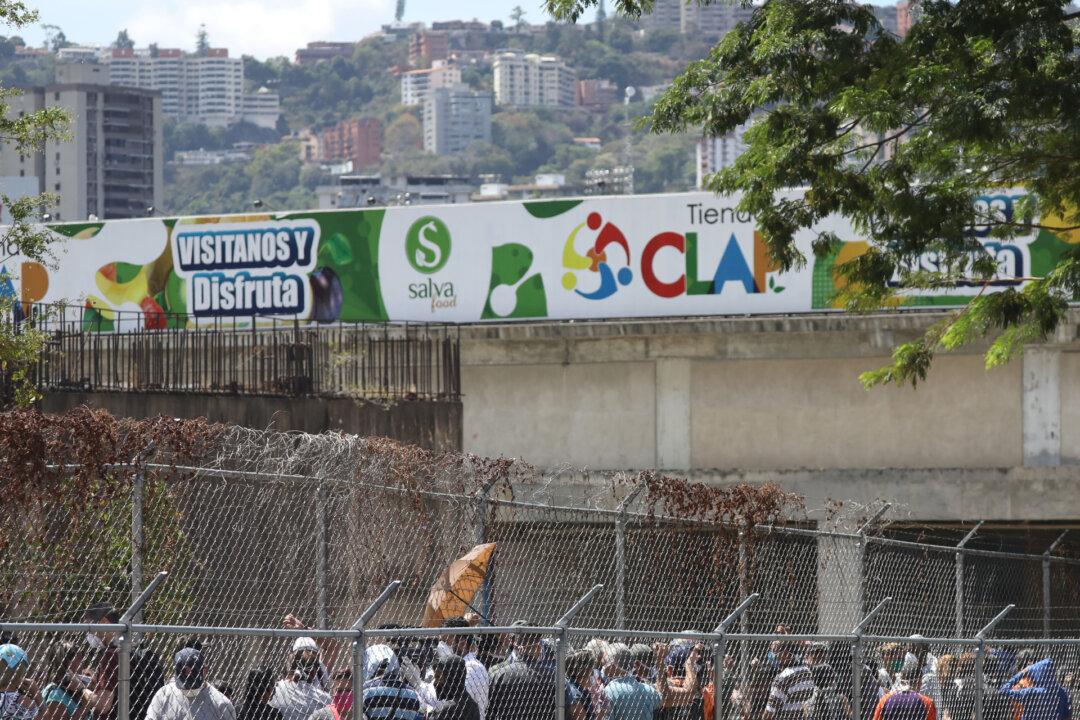U.S. State Secretary Mike Pompeo called on Venezuela in a statement on March 19 to release five U.S. citizens and one U.S. resident from Citgo that have been wrongfully detained by the Venezuelan regime for over two years ago and are currently imprisoned in the infamous Helicoide prison in Caracas.
During their detention there was no “evidence being brought against them” and “eighteen hearings have been cancelled,” says the statement.





